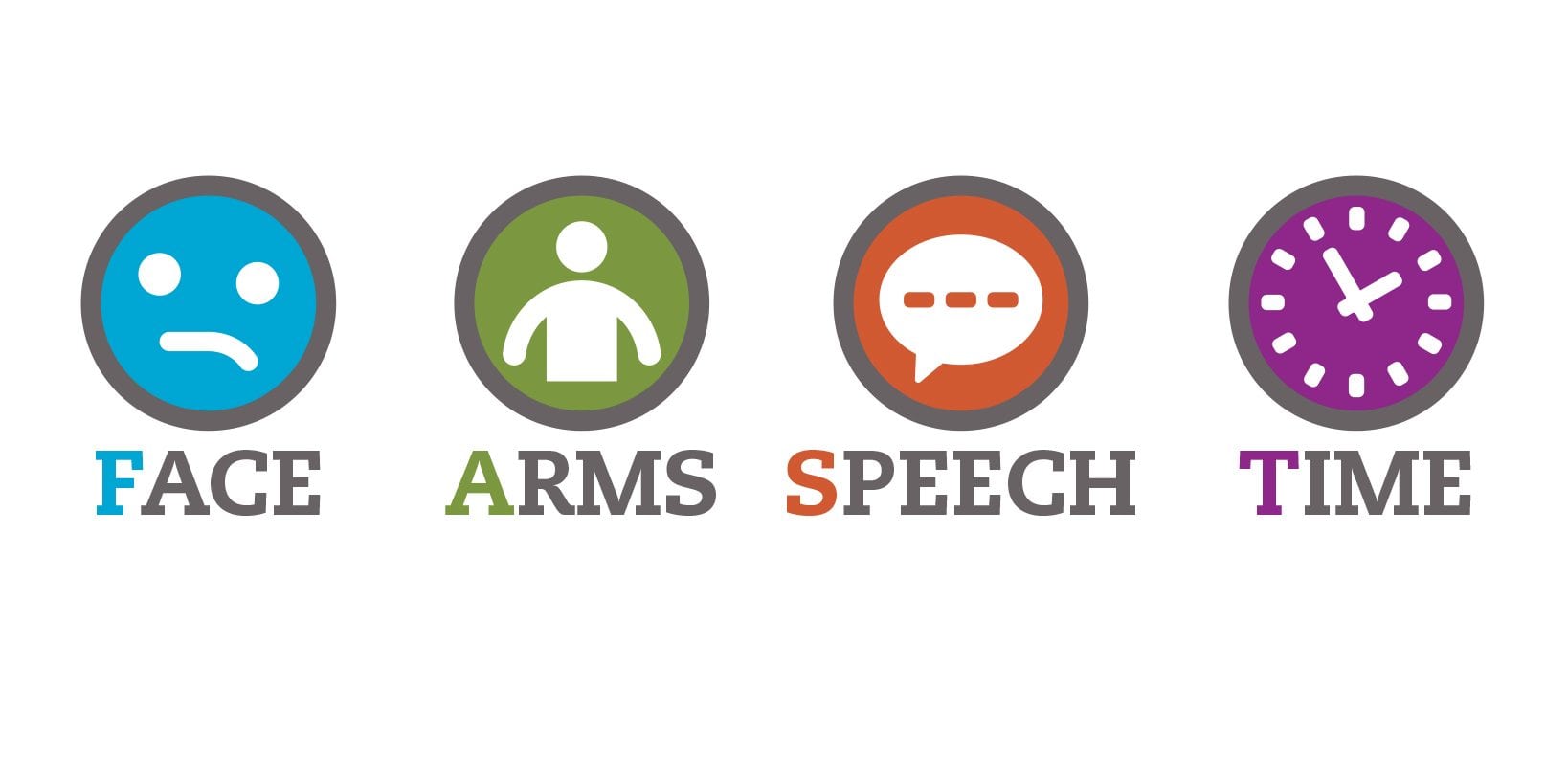A stroke can happen to anyone at any time…would you know what to do or know the warning signs? Here’s an easy way to remember!
Dr. Amre Nouh, director of the Stroke Center at Hartford Hospital, and offers some life-saving information that everyone should know.
Q: WHAT ARE THE SIGNS AND SYMPTOMS OF A STROKE?
A: Signs and symptoms of a stroke depend on what part of the brain is affected. Common symptoms include sudden weakness, numbness, speech difficulty, visual loss or a severe headache. The most important thing to remember is the word F.A.S.T. “F” is for face, for facial weakness or drooping on one side of the face. “A” is for arm weakness or drifting downwards when trying to lift it. “S” is for speech, either slurring or difficulty with speech. “T” is for time. Make note immediately of the time symptoms started and call 9-1-1 immediately.
Q: WHAT ARE THE TREATMENT OPTIONS AVAILABLE AT HARTFORD HOSPITAL?
A: Emergent stroke treatments include intravenous TPA, a clot-busting medication to help dissolve any clot causing the stroke. Other emergent treatments include mechanical clot removal by a catheter based approach, also known as endovascular thrombectomy. A stroke team is available at HH 24/7 365 days a year including neurologists, neurosurgeons, emergency medicine physicians and nursing to care for stroke patients.
Q: TELL US ABOUT THE AFTERCARE FOLLOWING A STROKE. WHAT DOES HARTFORD HOSPITAL OFFER?
A: After suffering a stroke, many patients have residual weakness, numbness, cognitive difficulties, speech difficulties, depression, fatigue, visual problems amongst other disabilities. The Hartford Hospital Stroke Center has a unique outpatient center addressing stroke secondary prevention and management of all post-stroke complications including rehabilitation services. All stroke patients at HH are provided with appointments for after-care in the stroke clinic upon discharge.
For more information, visit ThinkFASTCT.org.

